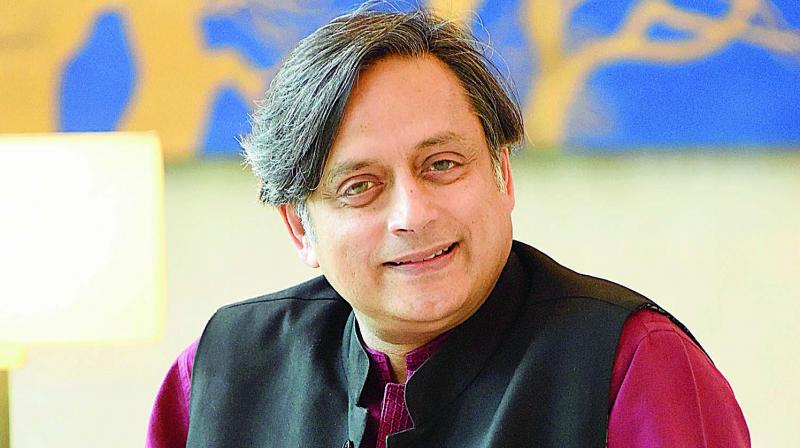The Supreme Court has expressed its displeasure on the “incomprehensible” judgment of the Himachal Pradesh High Court and said such orders do “disservice to the cause of ensuring accessible and understandable justice to citizens”.
The top court said judgments are intended to convey the reasoning and process of thought which leads to the final conclusion of the adjudicating forum.
A bench of justices D Y Chandrachud and M R Shah, which was dealing with an appeal filed by the State Bank of India and others in a matter arising out of the disciplinary action against an employee, stayed the order of the high court and said no coercive action be taken against the bank and others as per the award of Central Government Industrial Tribunal (CGIT).
“We are constrained to observe that the language in the judgment of the high court is incomprehensible. Judgments are intended to convey the reasoning and process of thought which leads to the final conclusion of the adjudicating forum,” the bench said in its order passed on Friday.
The top court, which issued notice to the employee against whom disciplinary action was taken, said the reasons set out in the judgment of the division bench of the high court dated November 27, 2020 dismissing the petition filed by SBI and others under Article 226 of the Constitution, “span over 18 pages but are incomprehensible”.
It said, “The purpose of writing a judgment is to communicate the basis of the decision not only to the members of the Bar, who appear in the case and to others to whom it serves as a precedent but above all, to provide meaning to citizens who approach courts for pursuing their remedies under the law.”
The bench further said, “Such orders of the high court as in the present case do dis-service to the cause of ensuring accessible and understandable justice to citizens.”
“Since the high court has affirmed the award of the CGIT, we have been able to arrive at an understanding of the basic facts from the order which was challenged before the HC,” the bench said.
It noted that the CGIT, while coming to the conclusion that the first charge of misconduct against the respondent was proved, interfered with the penalty of dismissal only on the ground that it was harsh and disproportionate to the misconduct and hence, the penalty of dismissal was modified to that of compulsory retirement.
Senior advocate P S Patwalia, appearing for the petitioners (SBI and others) submitted that the findings of the CGIT would indicate that the charge of misconduct involved a serious act of indiscipline.
He said the other charges also stand established.
The bench said, “Prima facie, in our view, a serious act of misconduct stands established from the evidentiary findings contained in paragraphsof the award of the CGIT. We are inclined to issue notice for this reason and for an additional reason as well.”
The SC said from the record of the court, more particularly the award of the CGIT, it emerges that though a serious charge of misconduct was held to be established against the respondent (employee), it has been interfered with and the high court has dismissed the petition (filed by SBI and others) under Article 226.
It listed the matter for further hearing after six weeks.
Read Order Here:
Source Link

!['Incomprehensible' verdict: SC baffled by HP high court's judgment [Read Order] 1](https://lawupdates.in/wp-content/uploads/2020/07/sc3.jpg)

